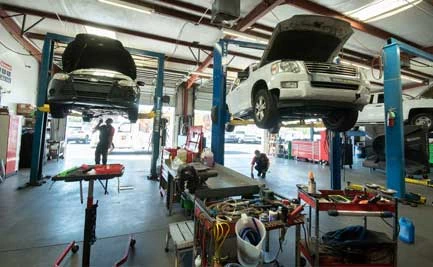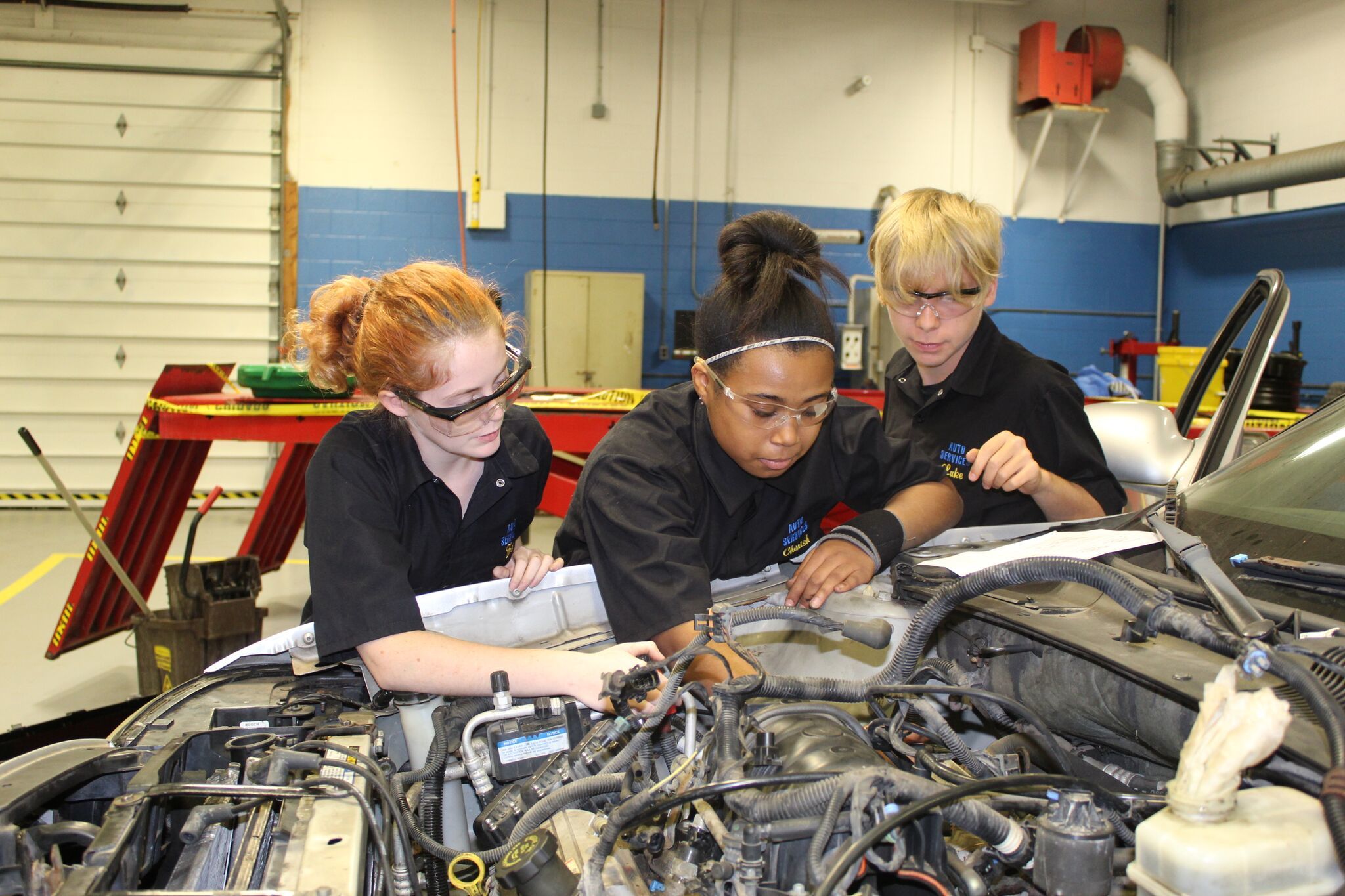All Categories
Featured

[/image]

Your vehicle's engine is the heart of your vehicle, and maintaining it in leading condition is important for ideal performance and durability. Routine engine tune-ups are an excellent method to keep your car's health and wellness, boost gas efficiency, and avoid costly repair services down the roadway. Whether you're an auto lover or a person who just desires to keep their lorry running efficiently, these engine tune-up tips will aid you get one of the most out of your auto.
- Replace Flicker Plugs. Ignition system play a vital function in starting your engine and making sure smooth combustion. Over time, ignition system can end up being dirty or used out, leading to misfires, decreased gas efficiency, and rough idling.
During an engine tune-up, examine and replace your trigger plugs if necessary. A lot of automobiles need brand-new stimulate plugs every 30,000 to 100,000 miles, relying on the kind. Regularly changing ignition system guarantees correct ignition and optimal engine efficiency.
- Check and Clean the Air Filter. The air filter stops dust, dirt, and debris from entering your engine. A blocked or filthy air filter restricts air flow, creating your engine to work more difficult and burn even more gas.
Evaluate your air filter during a tune-up and replace it if it's filthy. In dusty settings or locations with heavy air pollution, you may require to change the air filter more frequently. A tidy air filter can enhance fuel performance and prolong the life of your engine.
- Check and Replace Belts and Hoses. Belts and hoses are crucial for different engine features, such as powering the alternator, water pump, and air conditioning system. In time, these components can break, battle royal, or wear, potentially resulting in breakdowns.
During a tune-up, check belts and pipes for indications of wear and replace them if required. Replacing these parts proactively can save you from pricey fixings and stop unanticipated failures.
- Clean the Fuel System. Your fuel system, consisting of the gas injectors and fuel lines, can build up dirt and carbon down payments in time, decreasing engine effectiveness. Cleaning up the fuel system during a tune-up aids boost efficiency and gas economy.
You can utilize a fuel system cleaner or have a professional mechanic execute an extra detailed cleaning. This action is particularly vital for older automobiles or cars that often drive in stop-and-go traffic.
- Examine the Battery and Billing System. A healthy and balanced battery is vital for starting your engine and powering electrical elements. Throughout a tune-up, evaluate the battery terminals for rust and ensure the connections are limited.
Examine the battery's voltage and change it if it shows indicators of weak point. Additionally, have the generator and charging system checked to guarantee your battery remains billed throughout procedure.
- Adjustment the Engine Oil and Oil Filter. Oil adjustments are a basic part of engine maintenance. Engine oil lubricates relocating components, lowers rubbing, and helps manage engine temperature level. Gradually, oil comes to be contaminated and sheds its performance.
Throughout a tune-up, change the engine oil and oil filter to keep your engine running smoothly. Follow your vehicle's maker referrals for oil type and change periods.
- Check the Air Conditioning System. The air conditioning system stops your engine from overheating. In time, coolant can weaken or come to be polluted, minimizing its efficiency.
Inspect the coolant degree and problem throughout a tune-up, and flush and change it if required. Evaluate the radiator, water pump, and hoses for leaks or damages. A well-maintained air conditioning system aids your engine operate at the best temperature and stops getting too hot.
- Test the Ignition System. A damaged ignition system can cause beginning issues and decreased engine performance. During a tune-up, examine the ignition coils, representative cap, and blades (if applicable) Change any kind of parts that show indicators of wear or damage to ensure smooth and reliable engine operation.
- Listen for Unusual Noises. Throughout a tune-up, seize the day to listen for any type of uncommon engine sounds, such as knocking, ticking, or hissing. These audios can suggest underlying issues, such as shutoff troubles, loose components, or exhaust leakages. Resolving these issues early can prevent a lot more extensive damage.
- Usage High Quality Parts and Fluids. When carrying out an engine tune-up, constantly make use of top notch parts and liquids that meet your car producer's specifications. Cheap or inaccurate components can compromise your engine's efficiency and reliability.
Final Thought: A Well-Tuned Engine is Key to Long life. Regular engine tune-ups are crucial for maintaining your cars and truck's performance, performance, and dependability. By changing used elements, cleaning up crucial systems, and resolving potential issues, you can maintain your engine running efficiently for many years to come. Whether you're doing it on your own or counting on a relied on mechanic, investing in tune-ups is a smart way to safeguard your car and enjoy a safer, smoother experience.
Latest Posts
Learn How WyHy Federal Credit Union Maximizes Your Savings on Borrowing and Banking
Improve Your Home's Exterior with Weathercraft's Exterior siding Solutions
Unlock WyHy FCU – Key Advantages for Your Future